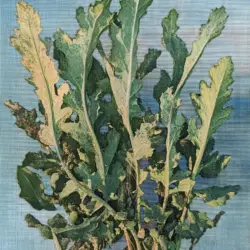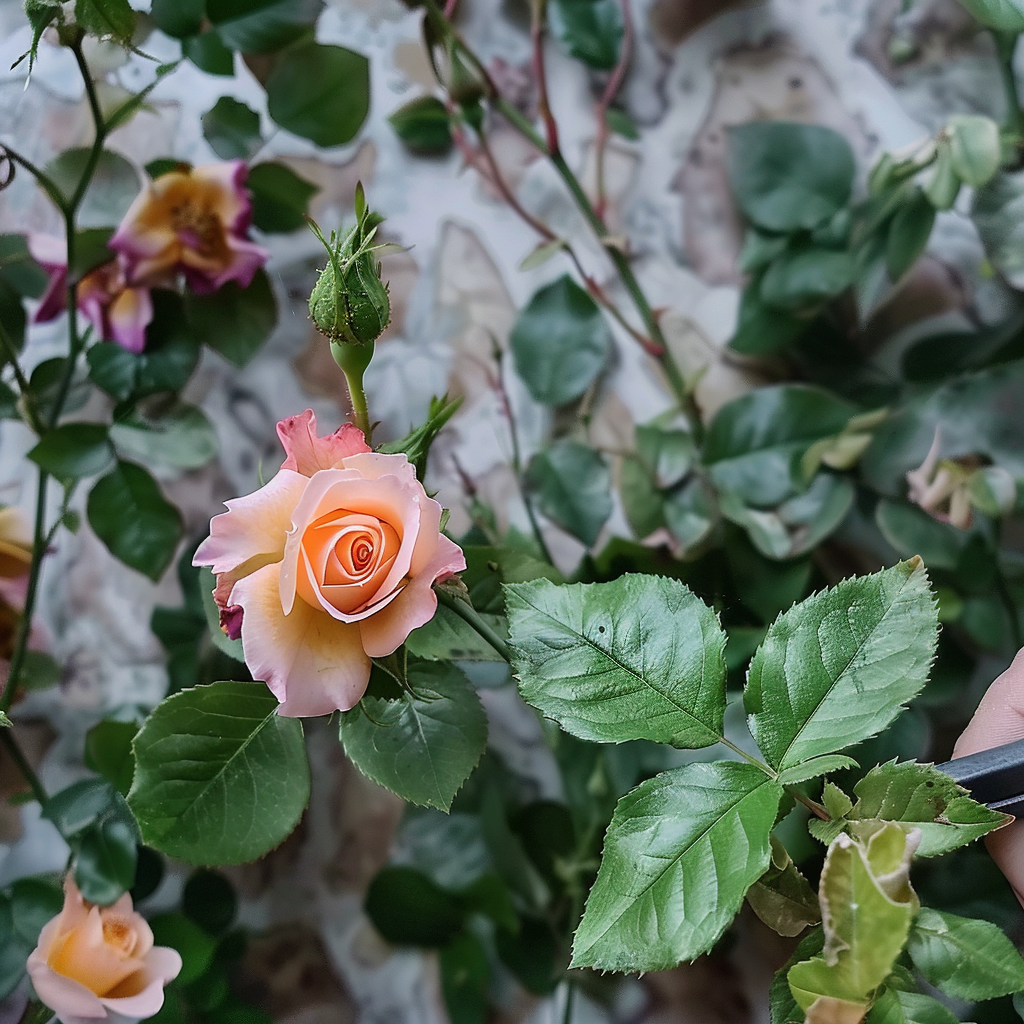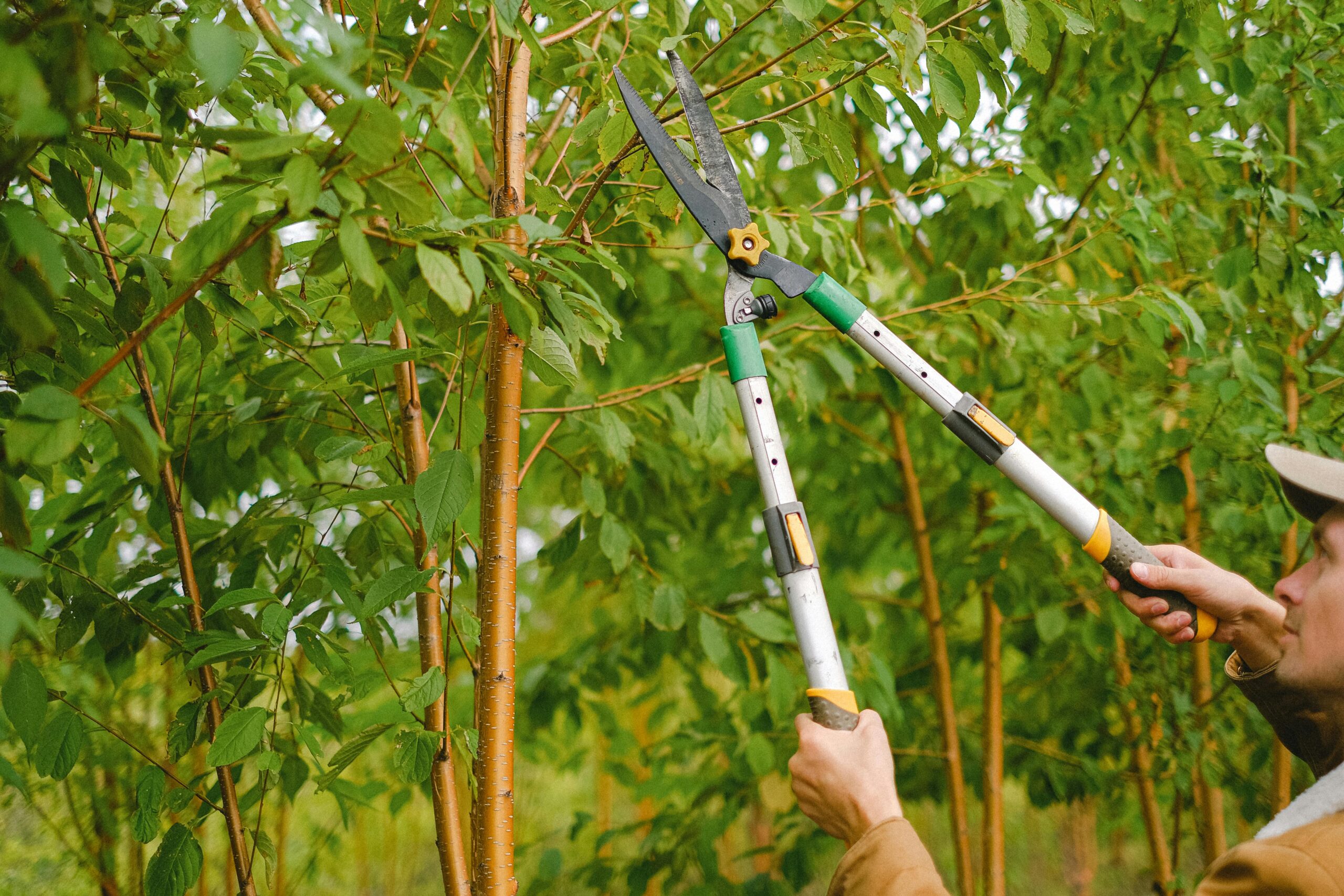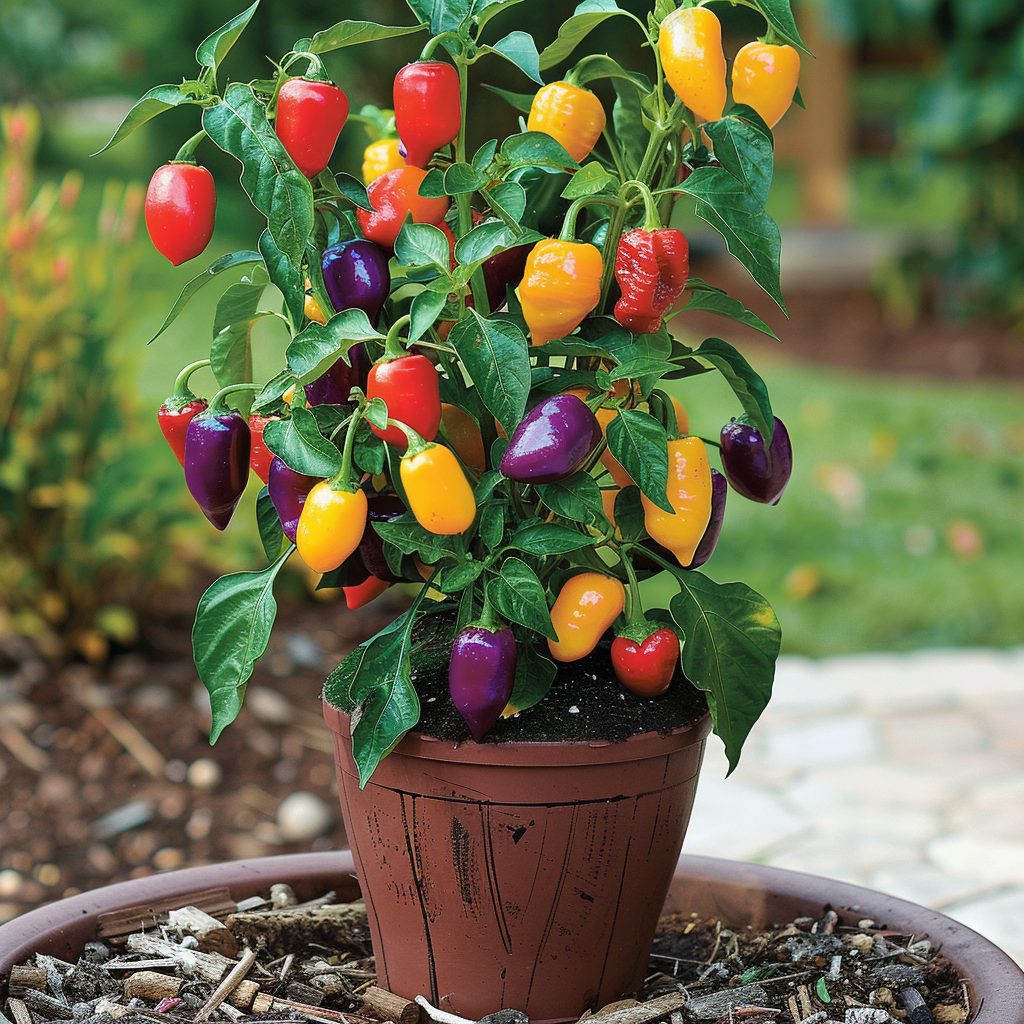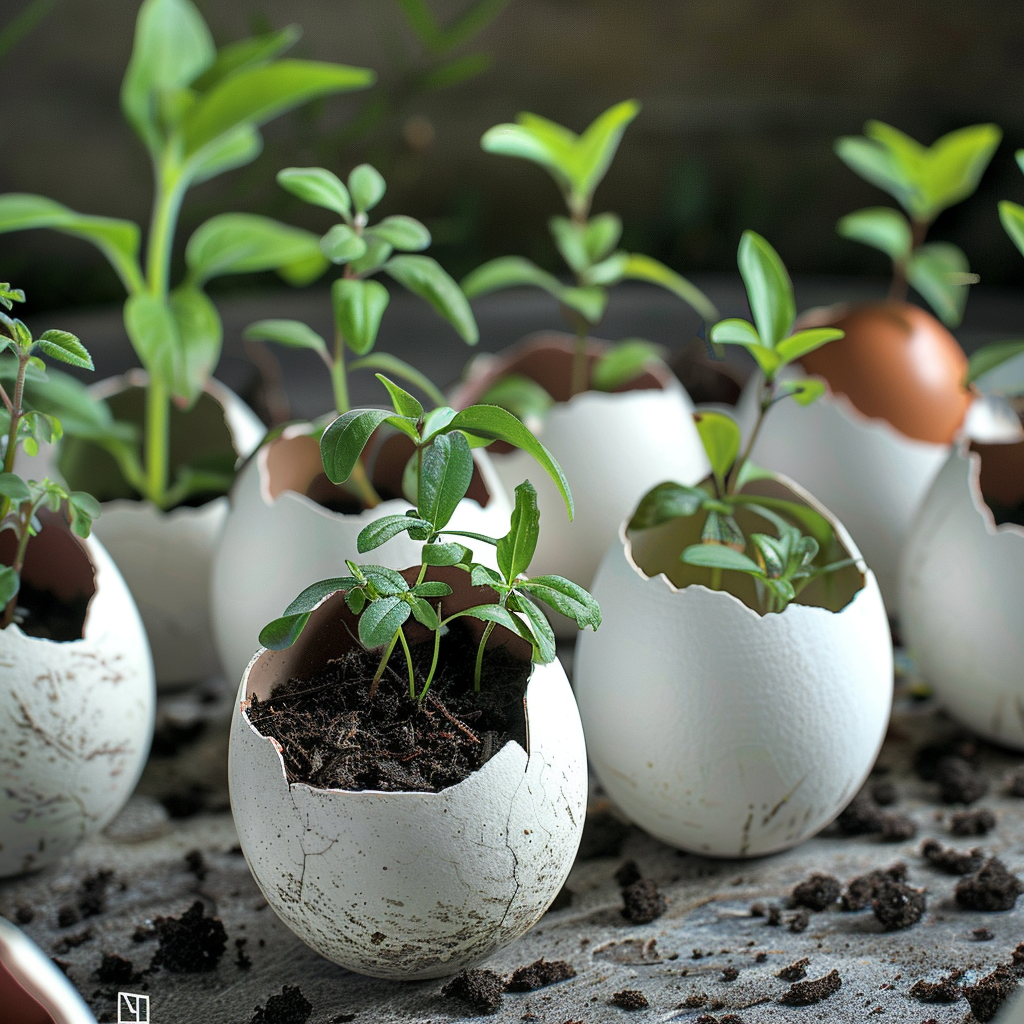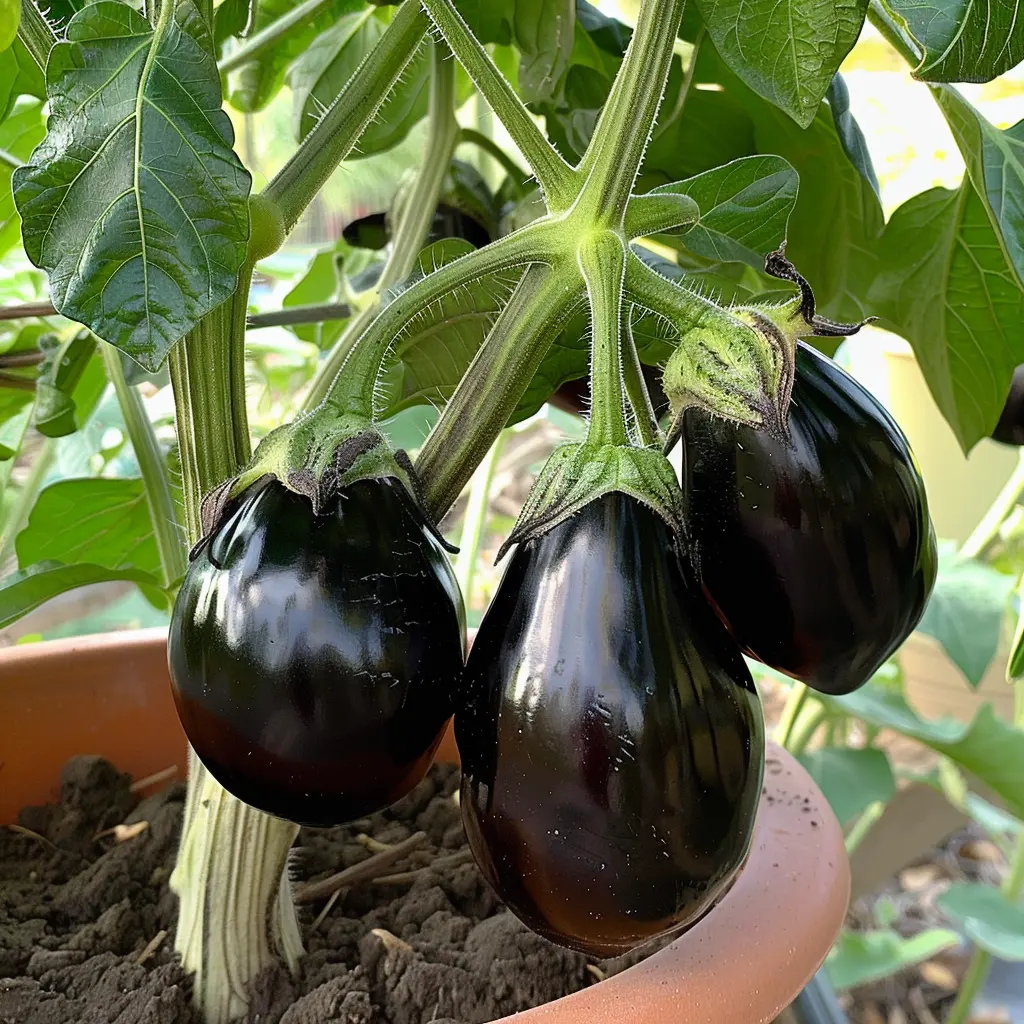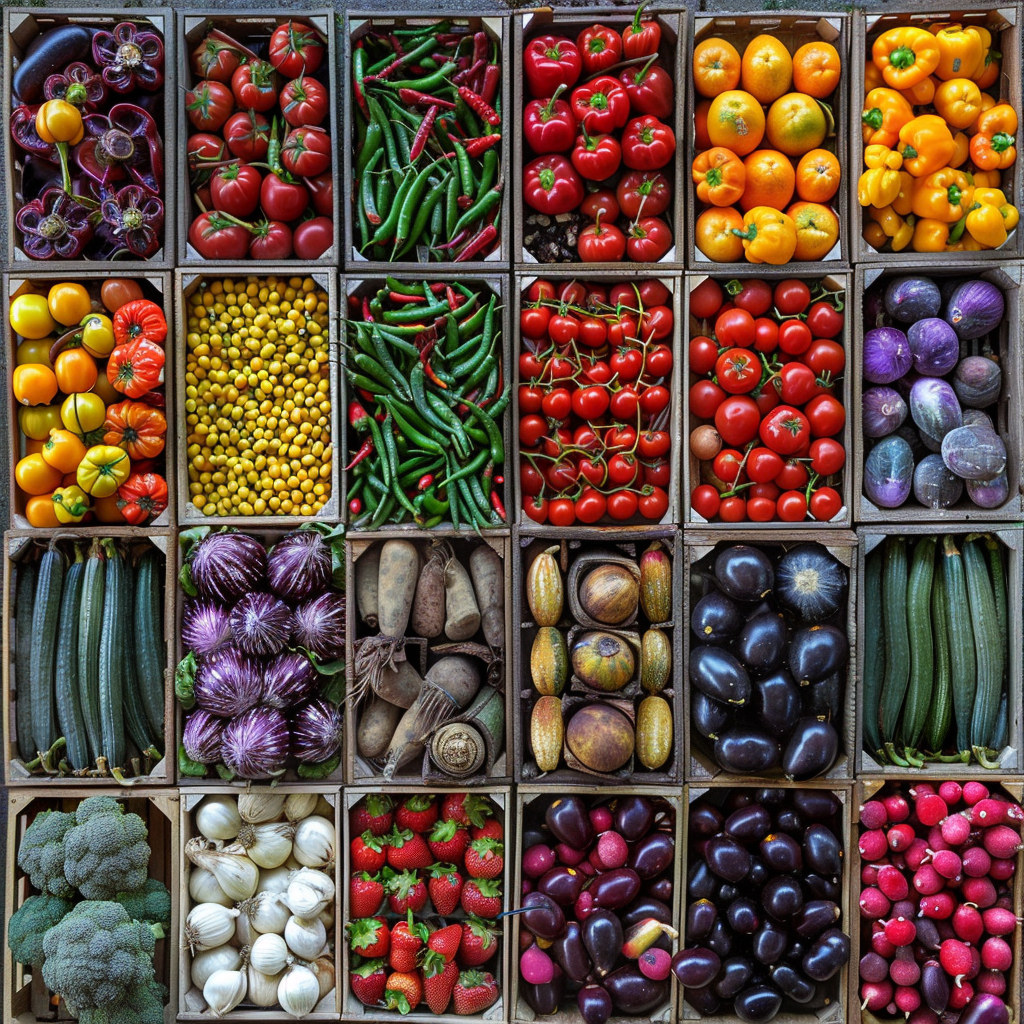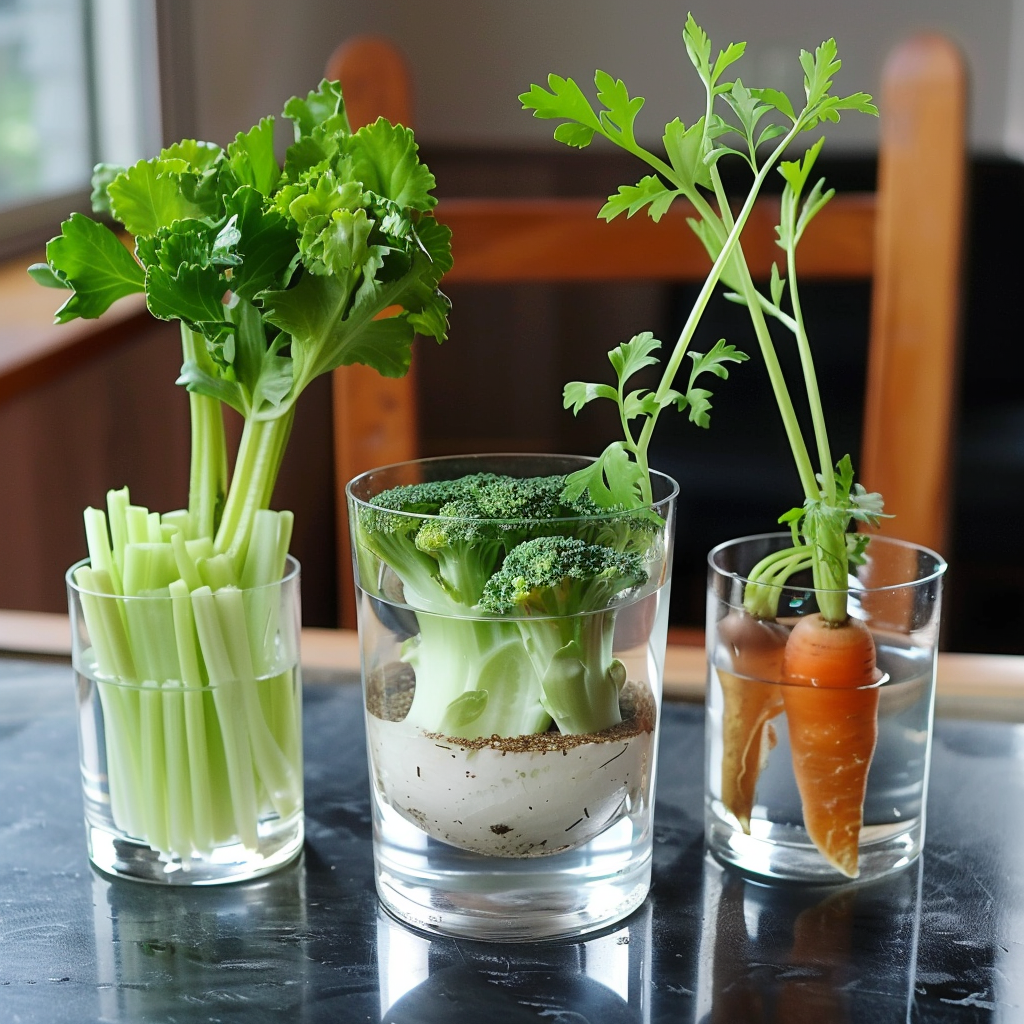WANT TO SAVE THIS RECIPE?
Growing crunchy, sweet carrots from seed is simple and rewarding. With some planning and care, you can enjoy homegrown carrots that burst with flavor right in your own garden.
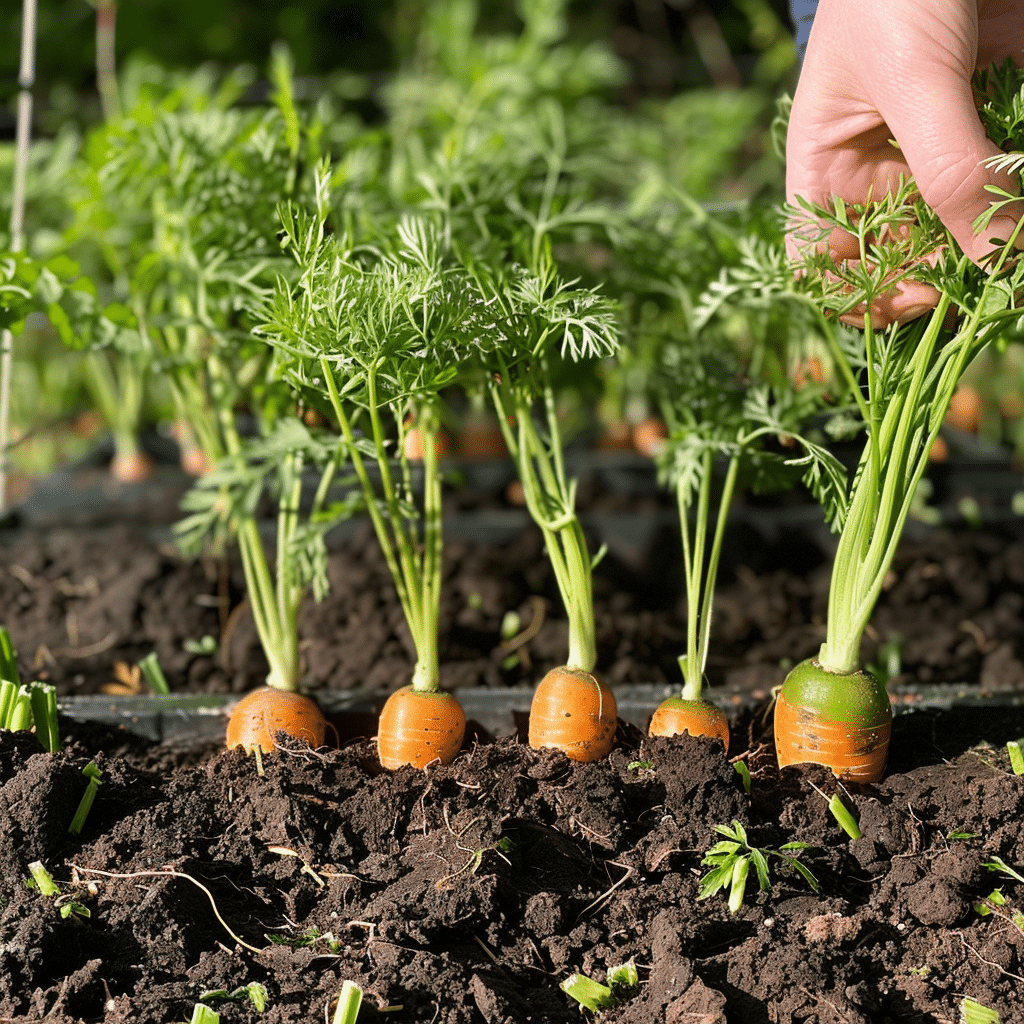
When’s the Best Time to Plant Carrot Seeds?
Carrots thrive in cool weather. In most climates, the ideal seasons to sow carrot seeds are early spring and late summer to early fall. This allows the seedlings to mature without dealing with summer heat waves or winter frosts.
Aim to plant your carrot seeds approximately 2-3 weeks before your region’s last expected spring frost date. For fall crops, sow 10-12 weeks before your area’s first fall frost date. Check local frost dates to determine the perfect planting window.
Prepping Your Garden Bed for Success
Because carrot roots grow down, they need loose, rock-free soil to develop properly. Carrots also require plenty of nutrients to reach their full sweet potential.
When preparing a planting area, remove any weeds. Loosen the earth thoroughly by digging at least 12 inches deep. Mix in 2-4 inches of aged compost or well-rotted manure. This nourishes the soil and prevents forked carrots later on.
If possible, choose a spot with full sunlight for at least 6 hours daily. But carrot seeds will still sprout with as little as four hours of sunshine.
How to Sow Carrot Seeds Outdoors
Once your planting bed is prepped, it’s time to sow! Follow these steps when seeding directly in your vegetable garden:
- Moisten soil gently before planting if it is dry on the surface. Carrot seeds need consistent moisture to germinate.
- Poke holes 1/4 inch deep and 1 inch apart in prepared soil. Carrot seeds are small, so space orderly holes by mixing seeds with sand or using a tool.
- Place 1-3 seeds in each hole and cover lightly with soil. Gently water.
- Expect sprouts in 14-21 days! As seedlings grow, thin them so plants have 2 inches between them.
- Keep soil moist until harvest for best growth. Add mulch to retain moisture and discourage weeds.
Troubleshooting Common Carrot Problems
While carrot plants are generally hardy, they can develop issues like insects, disease, or nutrient deficiencies. Observe plants frequently to spot problems early.
Refer to the tips in this guide to handle potential carrot problems without using harsh chemicals. Simple solutions like row covers, companion planting, crop rotation, or gentle insecticidal soap protect carrots organically.
Harvesting Carrots at Their Sweetest
Depending on variety, homegrown carrots are ready to harvest 70-100 days from seeding. To check size, gently loosen soil and pull up a test carrot.
Use garden forks to lift carrots without bruising. Cut greens 1-2 inches from the taproot, brush off excess dirt, and store unwashed carrots in perforated bags in the fridge.
With some simple preparation and care, growing carrot seeds produces sweet, nutritious crops. The fresh crunch of homegrown carrots is worth the minimal effort.

